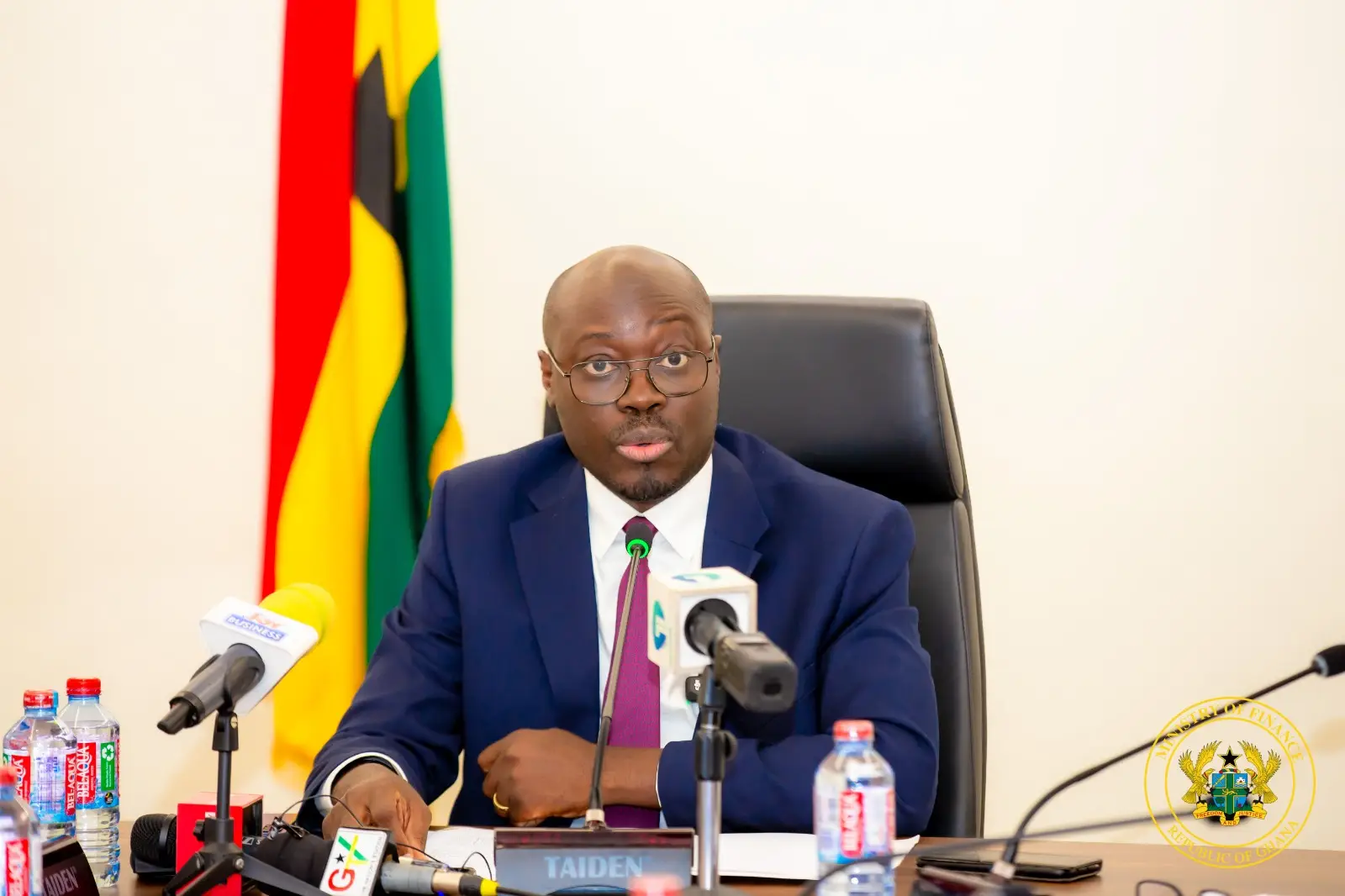
The government is developing guidelines to regulate borrowing of Ministries, Departments and Agencies (MDAs) and State owned Enterprises (SOEs) in line with government's debt strategy, Finance Minister, Ken Ofori-Atta has said.
He said the guidelines were expected to be finalised by the end of this year following comprehensive stakeholder consultations and feedback.
Mr Ofori-Atta announced this in Accra on Friday when he presented the mid-year review of the 2018 budget and economic policy of government to Parliament.
The presentation of the mid-year review to Parliament is in line with the Public Financial Management Act, 2016 (Act 921) which enjoins the minister to do so.
Mr Ofori-Atta explained that the borrowing guidelines had become necessary to guide the MDAs and SOEs, which often borrow not on the strength of their balance sheet but under government guarantee, not to access finance beyond their financial capacities and put the country in a debt-risk and financial distress situation.
The country in 2015 went for International Monetary Fund (IMF) Extended Credit Facility Programme (ECF) for $915 million to redeem the country of her economic doldrums, which in part, was caused by unsustainable borrowing, which placed the country's debt stock to beyond at 73 per cent of Gross Domestic Product in 2017, which is above international accepted standards.
The Finance Minister explained that in the remaining quarters of the year, the Credit Rating Team of government would continue to conduct credit risk assessments on public SOEs in Ghana and would complete assessment for five additional SOEs to ascertain their credit worthiness.
Mr Ofori-Atta said the NPP government had worked hard to bring the country's debt levels under control through the prudent use of financial resources that came into the state's kitty.
"Over the medium term, government will continue to carry out its mandate of managing the public debt at the lowest possible cost and subject to prudent levels of risk by conducting debt sustainability analyses and revising the medium term debt strategy to guide borrowing," he said, indicating that "recommendations from these documents will inform policy decision on reducing the debt burden and ensuring insulation against other fiscal vulnerabilities.
Mr Ofori-Atta said the government just in 18 months when it assumed the reins of power had worked hard to put the weak economy it inherited, back on track and on the trajectory of growth, more than what the previous government could do in eight years.
"Government is making significant strides in establishing a strong and prudent macroeconomic and development agenda on a solid foundation. We are confident we are now well established on a sustainable growth path," he said.
The finance observed that all the economic indicators were pointing to the positive end-year inflation of 8.9 and overall Gross Domestic Rate of 6.8 per cent.
Mr Ofori-Atta hinted that government would exit the IMF ECF programme by the end of the year.
"We are also putting in place arrangements to ensure irreversibility in macroeconomic gains, in the post IMF era. We are in discussion with organised labour, employers association, and other relevant stakeholders to institutionalise a social partnership arrangement to discuss and form consensus on matters of national development," he said.
Read Full Story





















Facebook
Twitter
Pinterest
Instagram
Google+
YouTube
LinkedIn
RSS